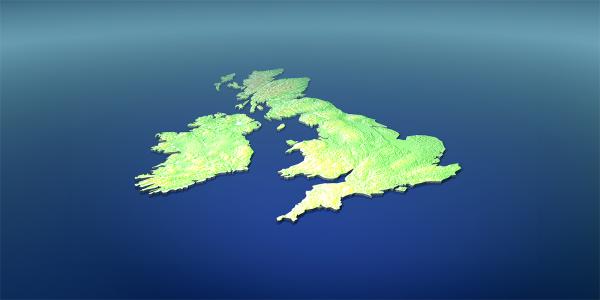Devolved taxes
On this page we briefly explain what devolution is. We also explain which tax powers are devolved in each of Scotland, Wales and Northern Ireland.

Content on this page:
Devolution
Devolution gives Scotland, Wales and Northern Ireland some ability to self-govern within the United Kingdom.
Devolution includes the transfer of legislative powers to the Scottish parliament, the Welsh parliament or Senedd Cymru and the Northern Ireland Assembly. It also includes granting of powers to the Scottish government, the Welsh government and the Northern Ireland Executive.
The UK parliament remains sovereign in law and still legislates for Scotland, Wales and Northern Ireland. By convention, it does not do so for devolved matters without the consent of the relevant parliament or assembly.
Unlike Scotland, Wales and Northern Ireland, England does not have its own government and legislature. Different powers are devolved to each of Scotland, Wales and Northern Ireland.
Below we look at devolved taxes and future proposals.
Devolved taxes in Scotland
Powers over local taxation rest with Scotland – in particular, this means that decisions about council tax and non-domestic (business) rates for Scotland are made in Scotland. These taxes are administered and collected by local councils.
Following the Calman Commission, the Scotland Act 2012 and the Scotland Act 2016, two fully devolved taxes apply in Scotland from 1 April 2015. These are:
- land and buildings transaction tax, which replaced stamp duty land tax on transactions taking place in Scotland; and
- Scottish landfill tax, which replaced landfill tax on transactions taking place in Scotland.
Revenue Scotland is responsible for the collection and administration of these two devolved taxes and has published its Charter of Standards and Values. You can find out more information about the Scottish tax authority from Revenue Scotland.
Air passenger duty is due to be fully devolved to Scotland and replaced by air departure tax, but this is on hold.
Aggregates levy is due to be devolved to Scotland.
The Scotland Act 2012 gave the Scottish parliament the power to introduce a Scottish rate of income tax. The Scottish rate of income tax (SRIT) took effect on 6 April 2016 and applied to Scottish taxpayers during the tax year 2016/17. HMRC were responsible for collecting and administering the SRIT. Scottish income tax replaced the SRIT with effect from 6 April 2017.
It was proposed that revenues from the first 10 percentage points of the standard rate of VAT and the first 2.5 percentage points of the reduced rate of VAT applicable to Scotland should be assigned to Scotland. This is currently on hold.
Devolved taxes in Wales
Following the Silk Commission and the Wales Act 2014, some tax powers are being devolved to the Welsh parliament or Senedd Cymru. Since April 2018 there has been a fully devolved Welsh land transaction tax and a fully devolved Welsh landfill disposals tax; these replaced stamp duty land tax and landfill tax on transactions taking place in Wales.
The Welsh government set up the Welsh Revenue Authority (WRA) to administer these devolved taxes and it has published its Charter for joint values, behaviours and standards.
The Welsh parliament or Senedd Cymru can already pass laws in respect of non-domestic rates (business rates) and council tax – these are classed as local taxation, rather than devolved taxes.
The Silk Commission also recommended the introduction of Welsh rates of income tax. These apply from April 2019. The Welsh rates of income tax apply to the non-savings and non-dividend income of Welsh taxpayers.
Devolved taxes in Northern Ireland
The Northern Ireland Assembly can pass laws in respect of local taxation: domestic rates (Northern Ireland’s equivalent of council tax) and non-domestic (business) rates.
A law has been passed providing for the devolution of corporation tax powers to the Northern Ireland Assembly, but this is subject to commencement regulations.
More information
There is more information about devolution on GOV.UK.



